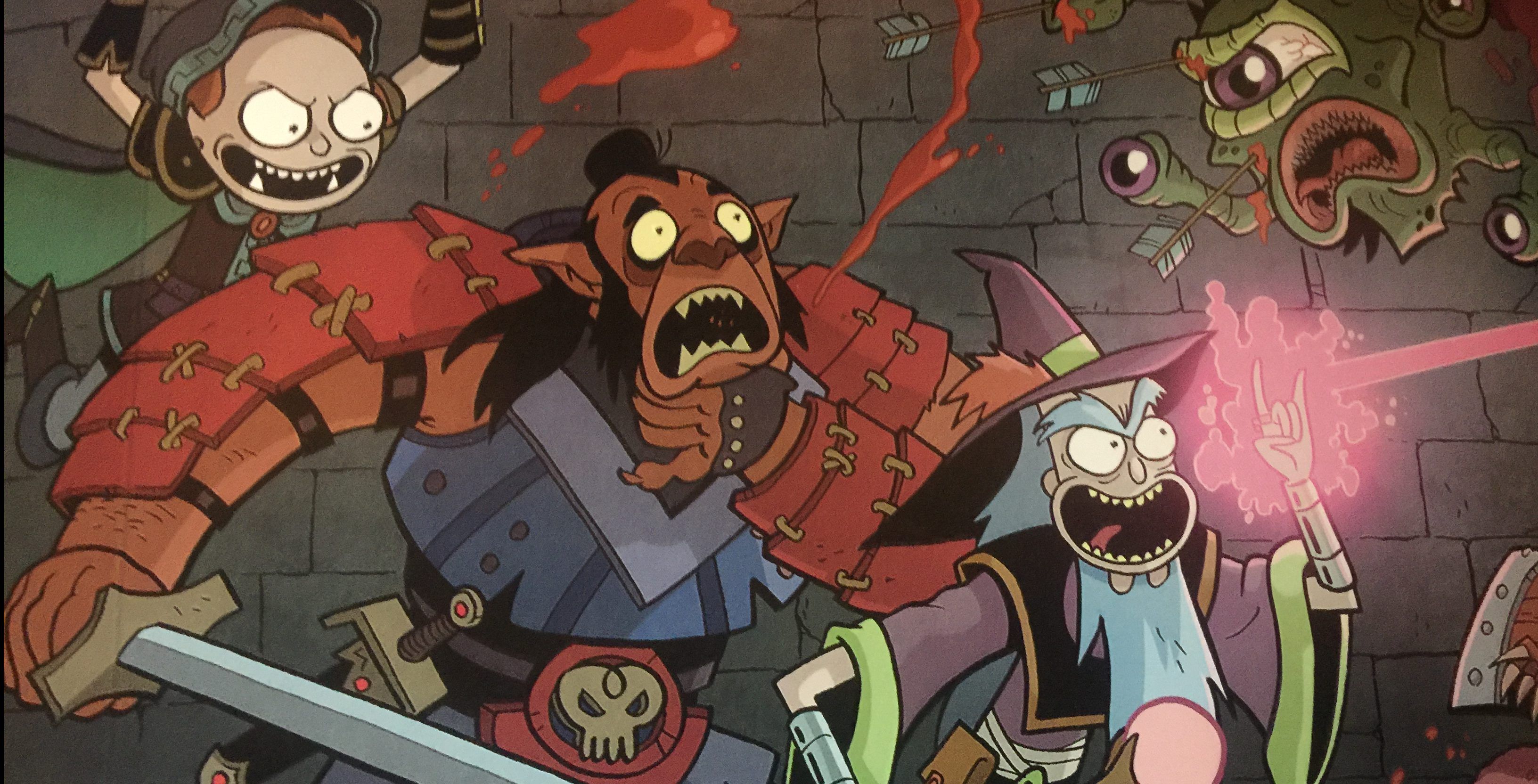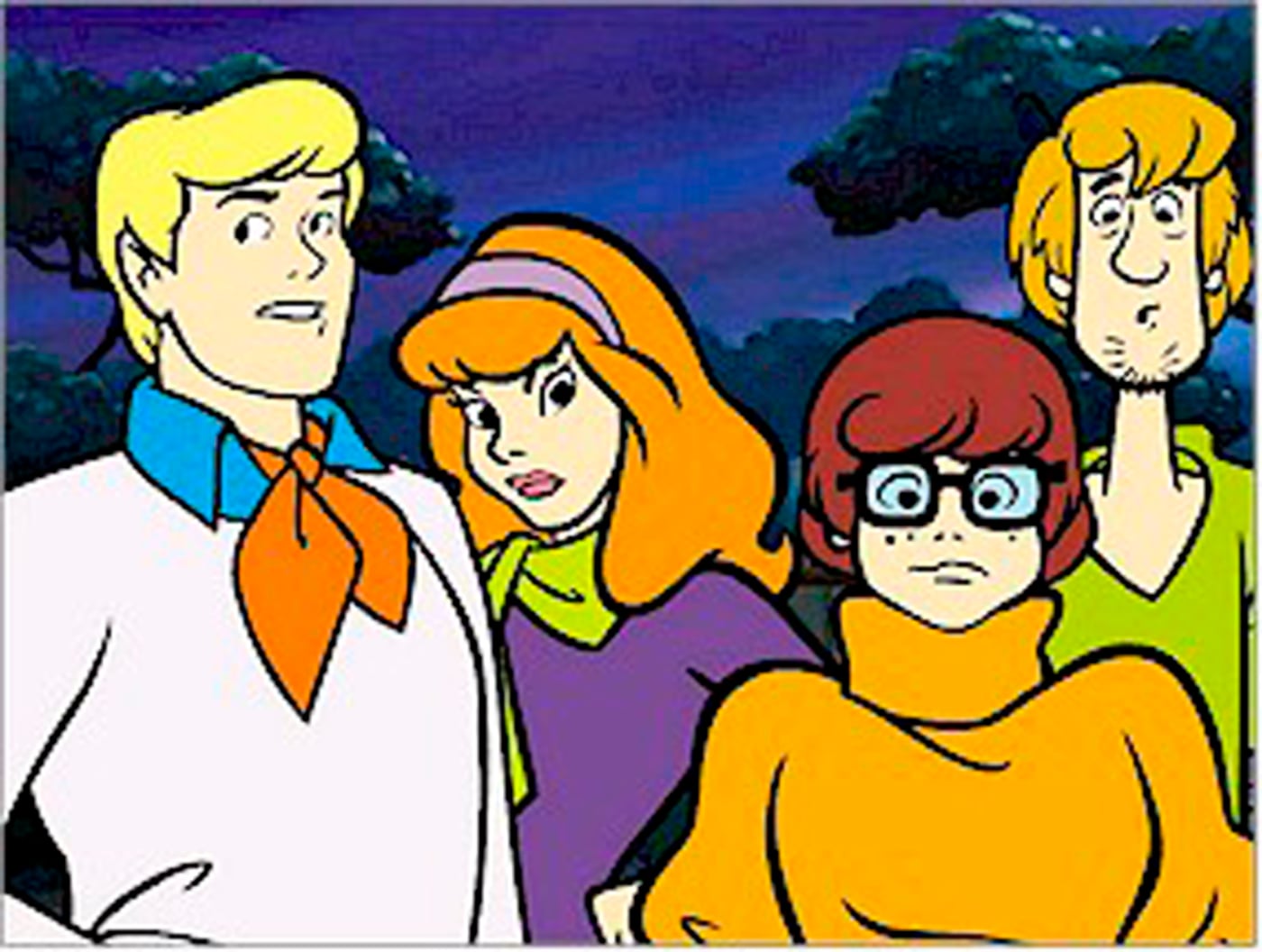So I've been thinking about XP systems as a driver of play recently. I've been spending quarantine throwing together a hack of the GLOG, the Black Hack 2E, and other bits, and I was writing up different XP systems and trying to represent different schools of thought.
Please note that all titles are the actual ones I've used in my hack, and are entirely self-deprecating.
GRASPING CAPITALISTS (blatantly stolen from Goblin Punch)
Over the course of your adventure, you might discover Treasure, if you look. You will know it when you see it. (eg, a jewelled egg the size of a fist, a coruscating crystal of pure life-force, an ancient tome with the names of all the angels)
Each
Treasure is worth one level, to only one player. At the end of the adventure,
discuss as a group who contributed the most to the party and why. That player
takes a d12 die. Discuss who was the most entertaining, and why. That player
takes a d10. They cannot be the same player. Then
everyone rolls:
1d10+(Bonus die)
Give out
Treasure in order from highest to lowest rolls. Re-roll ties. Loop around if
you somehow have more treasure than players.
This is really for me the distillation of the OSR gold-as-xp approach: you're meant to go into dungeons and weird places. You're meant to stick your hand down weird holes and feel about for things and pull out glowing gems from frog-idols and run away from yetis that don't want you to take the gems.
 |
IMPULSIVE MANCHILDREN (The Black Hack's approach)
Every PC requires XP equal to their level to advance.
Every
session, XP is awarded for the following activities:
-
Failing
catastrophically in an entertaining way
-
Overcoming
an important named foe or obstacle
-
Seizing
an especially valuable treasure
-
Completing
a quest for an NPC
-
Achieving
some difficult and worthwhile personal goal
If in
doubt, the table discusses if it’s worth an experience. This
rewards PCs for all the screwing around they were going to do anyway. Awarding XP for a 'difficult and worthwhile personal goal' is really just codifying giving players XP for the ludicrous things they already want their PCs to do, like declaring a personal vendetta against the town shoemaker because of reasons.
Really, this is a sort of PbtA approach to XP. Whatever the characters choose to do is ipso facto an important act. XP for you! And XP for you! XP for everybody! Pursue your bliss.
XP for catastrophic failure is also very story-games. The intent is less on solving problems and overcoming challenges, and more just poking a reactive world and seeing what happens. Failures are entertaining detours, not something to avoid with conservative play.
 |
QUIRKY MISFITS SOLVE A
CRIME (Dungeon World's approach with Traits thrown in)
Every PC requires XP equal to (current level+4) to level up.
As a group,
at the end of every session, answer the following questions:
-
Did
we defeat a powerful foe?
-
Did
we discover a valuable treasure?
-
Did
we learn something new and important about the world?
-
Did
we work together to achieve our goal?
For every
one you answered yes to, gain 1 XP.
In
addition, each PC should write two traits that define their character.
Traits should be an action or behaviour that disadvantages the PC in some way. For
instance:
Honourable – Refuse to gain an unfair advantage
over a foe
Impulsive – Reject planning to leap into a problem
Kind – Help someone weak at a cost to myself
Impulsive – Reject planning to leap into a problem
Kind – Help someone weak at a cost to myself
You may
gain 1 XP if you act out one of your traits per session. You may not get this
XP more than once.
 |
A PbtA player-as-a-barbarian would absolutely insult the troll king mid-negotiation because it's what the fiction demands. An OSR player, not so much, I think? I feel I need to see how other tables and play cultures handle this.
-----
The thing is, all of these approaches remind me a little of how D&D as a genre is really very American. By which I mean the central conceit is that you have these rugged individualist types running around, problem solving or actualising or seeking treasure, and they're making their mark on the fictional world and also becoming more skilled and capable versions of themselves.
I was reading a blog-post which I cannot find anymore for the life of me, which argued that early Gygaxian D&D wasn't drawing from european sources, but from the Wild West: these enterprising types going out into essentially untamed wilderness and coming back with treasure.
Are there other ways of playing D&D? Reading counter-colonial Hexcrawl and marxist D&D have me thinking of alternative reward structures in addition to alternative campaign framings, but all the ones I know lean in the direction of story-games: XP triggers that seem to reward a particular genre experience. 'XP for opposing tyranny' or 'XP for wealth redistribution' seem to make assumptions about 'correct' moral values which run against the freedom of sandbox play.
What do?

if you don't want individualist advancement, then the unit that advances isn't the individual, it's the party
ReplyDeletethe party gets better, gets to attract better NPC followers, and then a player gets to play as one of those better starts the next time their PC dies